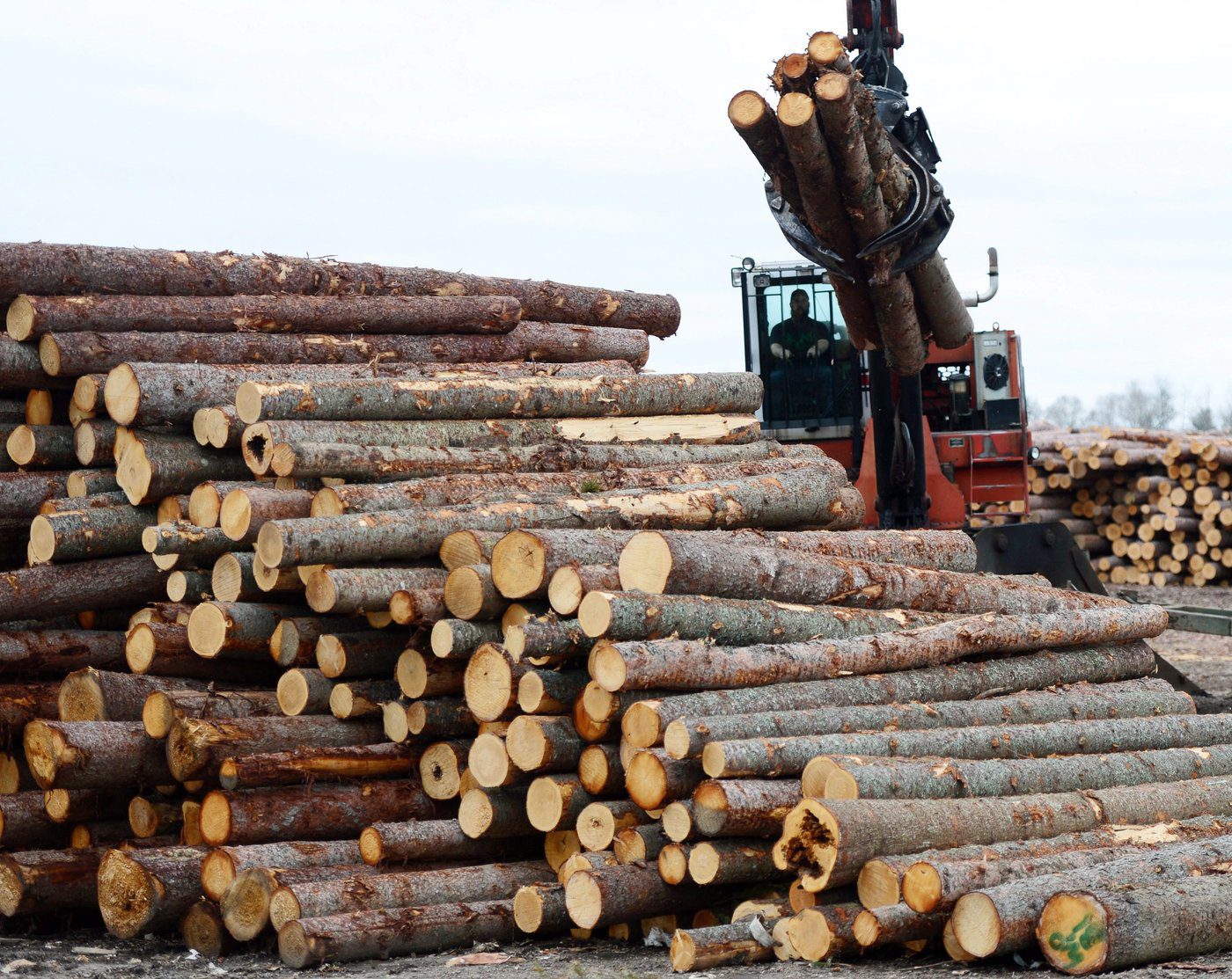WASHINGTON — Canada’s international trade minister is criticizing the U.S. Department of Commerce for nearly doubling duties on softwood lumber, saying the move is unfair and unwarranted.
Minister Mary Ng said the U.S. has significantly increased duties on softwood lumber from Canada, to 14.54 per cent from 8.05 per cent.
“Baseless and unfair U.S. duties on softwood lumber unjustifiably harm consumers and producers on both sides of the border,” Ng said in a news release.
It’s the latest salvo in a bilateral back-and-forth that Ottawa has described as a drag on efforts to improve the cost and supply of housing.
The increase in the so-called “all others” combined duty rate has received backlash from government and industry in British Columbia.
“We have said from the start and we will say it again now: The only solution is an end to unfair softwood lumber duties,” said B.C. Forests Minister Bruce Ralston in a news release.
The U.S. Department of Commerce, under the Tariff Act, determines whether goods are being sold at less than fair value or if they’re benefiting from subsidies provided by foreign governments.
Canadian lumber-producing provinces set so-called stumpage fees for timber harvested from Crown land. U.S. producers, who are forced to pay market rates, argue that amounts to an unfair subsidy.
Canadian lumber producers have already paid more than $9 billion in duties, which are held in deposit until this dispute is resolved.
The B.C. Lumber Trade Council said the increase couldn’t come at a worse time, exacerbating already challenging conditions.
“The increase in U.S. tariffs on B.C. lumber products will exacerbate the extremely challenging conditions faced by B.C. producers and will impact manufacturing operations, jobs and communities around the province,” president Kurt Niquidet said in a news release.
The softwood lumber dispute unfairly hurts small, family-owned companies “who are innocent bystanders in this long-standing dispute between American landowners and international lumber corporations,” said Independent Wood Processors Association of British Columbia chair Andy Rielly.
Its members buy their lumber or logs on the open market the same as American companies, a news release said. The association is calling on Ottawa to negotiate a solution.
A CIBC analyst note on the lumber duties said it’s unlikely Ottawa or the Biden administration are focused on solving the issue as a trade dispute because it’s not the major cause of job losses in the industry in Canada. It said job loss was linked to less robust lumber demand and B.C. fibre constraints.
Canada is using a litigation route, challenging the rates through a Canada-U.S.-Mexico agreement dispute panel.
Ottawa has seen previous success arguing at World Trade Organization dispute panels that its stumpage-fee system is not a subsidy. Last year a North American Free Trade Agreement dispute panel that found aspects of how the U.S. calculates the duties are inconsistent with federal law.
The U.S. Commerce Department’s fifth administrative review of the duties released Tuesday was a bit higher than the preliminary rate of 13.86 per cent announced in February.
The new rate will likely be in effect until mid-August 2025 when the sixth administrative review rates will be applied.
The move was applauded by industry in America, including the U.S. Lumber Coalition, which said Canada’s actions were deepening market downcycles.
“The United States does not need the unfairly traded Canadian lumber imports to supply current levels of home construction,” Andrew Miller, the coalition’s chairman, said in a news release.
Ng said it is in the best interests of both Canada and the United States to find a lasting resolution to the dispute.
“We will always fight for the best interest of Canadians and continue to use all available avenues to vigorously defend the workers, businesses, and communities who rely on softwood lumber for their livelihoods,” she said.
This report by The Canadian Press was first published Aug. 14, 2024.
Kelly Geraldine Malone, The Canadian Press





